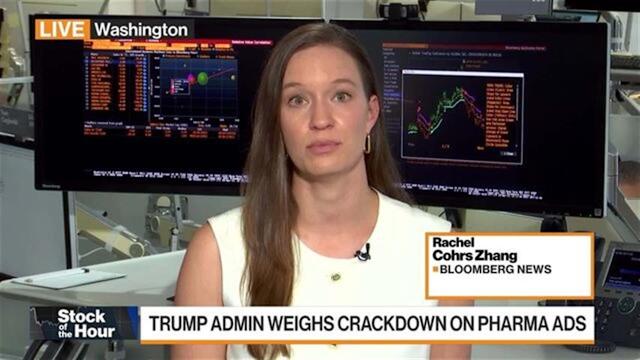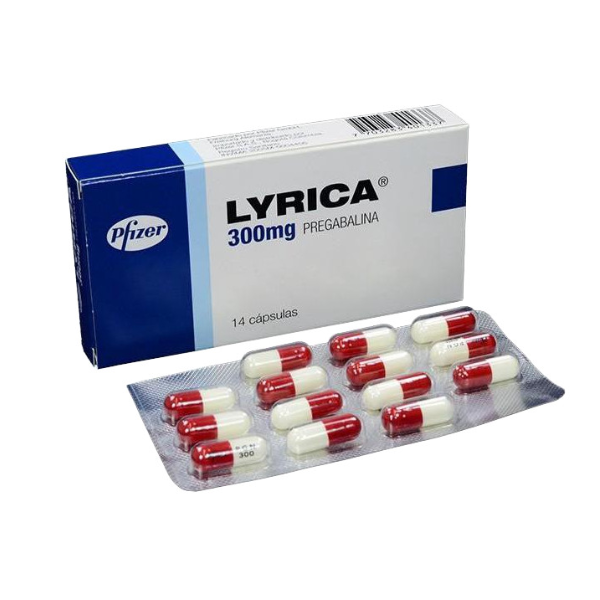Biden Administrations Proposed Crackdown on Pharmaceutical Advertising: A Potential $10 Billion Shift in Annual Ad Spending

The Impact of the Biden Administration's Proposed Policy on Pharmaceutical Advertising: A Potential Shift in the $10 Billion Annual Ad Spending The Biden administration is currently in the process of discussing a new policy that could have a significant impact on the pharmaceutical industry. The proposed policy aims to make it more challenging and expensive for pharmaceutical companies to advertise directly to patients, potentially disrupting more than $10 billion in annual ad spending. According to a report by the New York Times, the new policy is being considered as a way to address concerns about the influence of direct-to-consumer (DTC) advertising on patient decision-making and the potential for misleading information to be disseminated. The administration believes that limiting DTC advertising could help to reduce the number of patients who are misled into making inappropriate treatment decisions, and could also help to reduce the overall cost of healthcare. However, the proposed policy is likely to face significant opposition from the pharmaceutical industry, which has long relied on DTC advertising as a key tool for promoting their products and increasing brand awareness. The industry argues that DTC advertising is an important way for patients to learn about their treatment options and make informed decisions about their healthcare, and that limiting it could lead to a decrease in patient access to important information. The debate over the new policy is likely to be a contentious one, with both sides making their cases based on their respective perspectives on the role of DTC advertising in the healthcare system. However, it is clear that the Biden administration is taking a serious look at the issue and is considering a range of options to address concerns about the influence of DTC advertising on patient decision-making. As the debate continues, it will be important for all stakeholders to consider the potential implications of any changes to DTC advertising policies, and to work together to find a solution that protects patient access to important information while also addressing concerns about the potential for misleading information to be disseminated. It is crucial for policymakers, healthcare professionals, and industry representatives to collaborate and find a balance that ensures patients are well-informed while also protecting them from misleading information.














